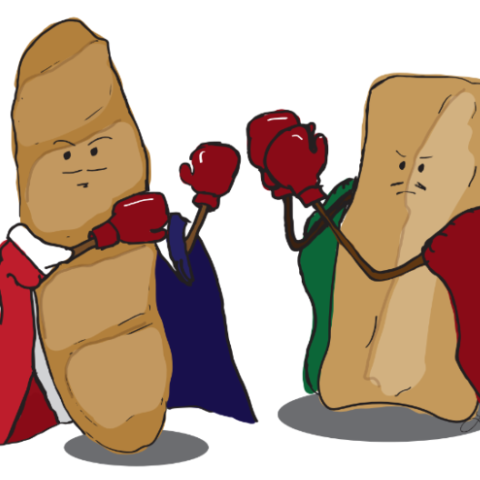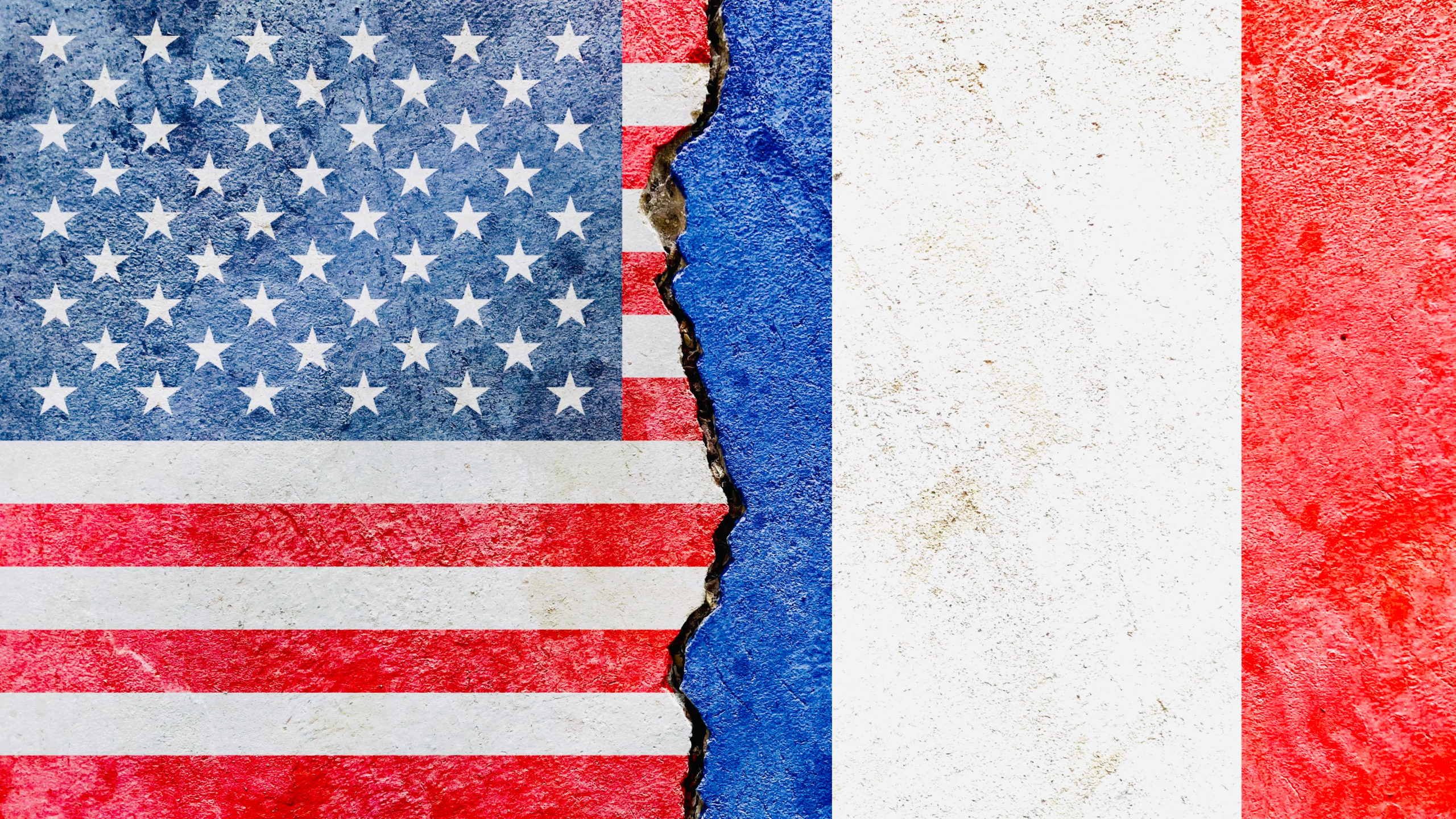
On Monday, France dropped bombs on Mali – a country which used to be under its colonial rule.
France, acting under authorization by a December 2012 United Nations Security Council resolution permitting a military intervention in Mali by members of the African Union, expects to be joined by other troops soon. Nigeria, Senegal, Togo, Benin, Niger, and Burkina Faso have pledged to send troops, some arriving as early as Saturday.
In the face of the French assault, Islamist militants seized control of a gas field at the Libya/Algeria border, where they took at least 20 foreign hostages in retaliation for French intervention. An Algerian state-run news agency reported that at least two people were killed in the seizure, including one British national, and the U.S. Department of State confirmed that at least some of the hostages are American citizens. Other hostages include British, French, Norwegian and Japanese citizens.
So, why Mali?
A country in West Africa, Mali has often been praised for its relatively stable democratic system of government and upheld as an example to the region. For example, last year, while the presidents of neighboring countries Senegal, Niger, and Côte d’Ivoire attempted to maintain their office past constitutional term limits, Malian president Amadou Toumani Touré announced his intention of respecting Constitutional term limits and stepping down from office – an announcement praised throughout the region and in the international community.
However, Touré was forced to step down earlier than expected when a military coup conducted on March 22, 2012, took him from office five months before the end of his term.
In the wake of the Arab Spring – and specifically, the fall of Qaddafi in Libya – a flood of weapons were sent into northern Mali, which bolstered the nomadic Tuareg rebels long based in that part of the country. Their armament resulted in several defeats to Malian forces. Frustrated by governmental management of the rebellion, lack of military equipment, and a lack of political will to defeat the northern rebels, a group of low-ranking officers and soldiers overthrew the president and placed themselves in control of the government.
The junta quickly proved inept. Dividing the Malian military, some of whom did not support the coup, it found itself powerless and erratic, quickly seeking peace negotiations with the Tuareg rebels it had initially sought to squelch, writing and then rescinding a new Constitution, and announcing and canceling a national conference.
To make matters worse, in the face of the political confusion, the Tuareg rebels quickly seized much of Northern Mali – only to be in turn pushed out by Islamic extremist groups. The radical Islamists have proven incapable of managing basic services such as electricity, water, and education. They have imposed a brutal application of Shariah law upon their populace, including the administration of public beatings and amputations. In July, a couple was stoned to death in northern Mali after being accused of having children outside of marriage. Roughly 400,000 people have fled the north since their takeover, and the Malian army, divided by the coup, has made no attempt to remove the radical Islamists from power.
It’s a terrible domestic problem, but has tremendous international implications.
Northern Mali, in which several hundred members of Al Qaeda have previously lived, is now considered to be potential safe haven for terrorists, a base for attacks on the West, and a base for al Qaeda action within Yemen, Somalia, and North Africa. Faced with an incompetent Malian military, France began military intervention on Friday, January 11, 2013, beginning with air strikes on northern cities.
The French military was forced to deploy ground troops when air strikes proved unsuccessful. Altogether, 800 French troops are already on the ground in Mali, while another 1,700 soldiers are mobilized for the Mali operation. However, French Defense Minister Jean-Yves Le Drian assured the public that air strikes would continue – and claimed that France’s sudden intervention had prevented the advancing rebels from seizing Mali’s capital city. While intervention is increasingly looking to be a long-term effort, Drian expects France to be involved until the Islamic rebels are completely removed from the area. “The president is totally determined that we must eradicate these terrorists who threaten the security of Mali, our own country and Europe,” he said in a statement on French television.
It’s a fight with no clear end in sight, and it’s now dragging in not only former colonizers, but civilians from around the world into the battle. France’s split-second decision to get involved may have had many benefits for the rest of the world, but it could mire France in a land battle more drawn-out and costly than it seems to realize – forcing the country to attack its own former citizens.

